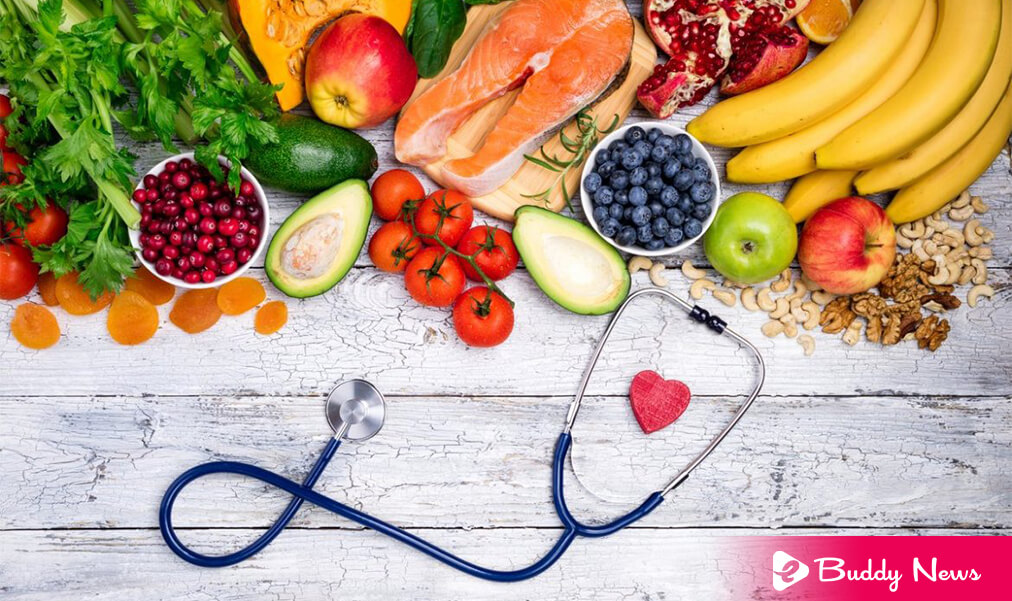10 Tips For Healthiest Diet For Healthy Cardiac

Over the years, several cardiac diets have been developed to help prevent heart disease. Two classic heart-healthy diets are the Mediterranean diet and the DASH diet, but there are several other alternatives, including the most recent known as the Mojito diet. While these diets have slight differences, they all recommend similar tips for effective cardiac diet foods to prevent heart disease.
Most heart-healthy diets, including the DASH and the Mediterranean, are backed by good clinical trials. Additionally, studies have published extensive material on the clinical benefits of his diet. For those who want to prevent heart disease, here are some tips for eating healthy cardiac foods and finding the healthiest diet.
Healthiest Cardiac Diet Tips
1. Limit Portion Sizes
Today there is an obesity epidemic mainly due to people eating too much food. Food portions are huge in restaurants, and in fast food restaurants, large portions are the norm. All this can lead to excess junk calories, leading to obesity and premature heart disease. The first step toward a heart-healthy diet is to limit portion sizes. Some of the methods you can accomplish that include:
- Use a small plate and small utensils. For example, if you always add 2 teaspoons of sugar to your coffee, gradually reduce the sugar to 1 teaspoon.
- Always keep track of the number of servings you have; you don’t always have to overfill your stomach.
- Avoid eating at buffets. Most likely, the availability of a wide variety of foods can easily cause you to overeat.
- Try to eat small meals or snacks instead of 3 large meals throughout the day.
2. Select Heart-Healthy Foods
Today, abundant evidence shows that a plant-based diet is healthier than a meat-based diet. Therefore, try to consume more fruits and vegetables instead of red meat. Plant foods are lower in calories while having all the essential nutrients and minerals you need. Most vegetables and fruits are very healthy and nutritious. To avoid monotony, eat different kinds of fruits and vegetables. Plus, high-fibre vegetables will regulate your bowel movements and can even lower your blood sugar. Always keep some vegetables and cut fruits in the fridge so that if you are hungry, you can eat those foods to satisfy your hunger.
3. Avoid Consuming Processed Food
Those foods are often fried in saturated fat and are high in sugar, salt, and cholesterol. Worse, they are full of junk calories and have little nutritional value.
4. Bake Or Steam Food
Instead of frying food, try baking or steaming it. It avoids the use of oil, which in high concentrations can accelerate the process of atherosclerosis. Foods to limit include:
- Coco
- butter, margarine
- Breaded foods, such as onion rings, shrimp, etc.
- Canned fruit with heavy syrup
- Frozen fruits as they are often full of sugar
5. Learn To Read Labels
One of the best healthiest tips for maintaining a cardiac diet is reading food labels. Be aware of the amount of sugar, salt, and cholesterol in each food; generally, you want to choose items with small quantities of additives. If the food doesn’t have a label, avoid it.
6. Reduce Unhealthy Fats
Saturated fats are not heart-healthy because they increase atherosclerosis, which can cause high blood pressure and coronary artery disease. Experts recommend that saturated fat make up no more than 6 percent of your total calories or 12 grams. To avoid consuming saturated fat, you can do the following:
- Always remove excess fat from meats
- Avoid eating the skin of the chicken, pork, or lamb, as it is full of saturated fats
- Avoid butter, margarine, and mayonnaise
- Read the labels of foods with sugar to determine the type of fat they contain
- Eat low-fat foods
- Select unsaturated oils, such as canola or olive oil
- Other bases of unsaturated fats include nuts, certain fish, avocados, and seeds.
- Since all fats are high in calories, limit the amount of oil in your food.
7. Eat In Moderation
No matter what foods you eat, consume them in moderation. Even the healthiest foods can create excess calories. In general, an adult man should consume around 2,000 calories a day, and women should consume 1,800 calories a day.
8. Choose Your Proteins Wisely
Instead of red meat, try eating foods like low-fat dairy products, eggs, chicken, and fish. Some fish are rich in Omega 3 fatty acids that can lower your blood cholesterol levels, including tuna, salmon, herring, and mackerel. Low-protein vegetables include legumes, lentils, and beans. Those vegetables are also rich in fiber.
9. Don’t Be Obsessed With The Heart Diet
Most people give up on a heart-healthy diet because they find it too boring. To counteract this, allow yourself the occasional treat of cheesecake, chocolate, or ice cream, but keep portions small. Allowing yourself to eat foods outside of your diet will help keep you motivated.
10. Work Out
Finally, it would help if you were physically active to get the maximum benefits from a heart-healthy diet. There are no bad exercises. Even walking is good exercise as long as you do it regularly. Do exercises for 45-60 minutes 4-5 times a week. You can also swim, jog, ride a bike, or join an aerobics class.














